FANTASY/SCI-FI CONTINUUM
I was going to blog about reasons to love fantasy... but then decided I could more easily do a whole series on that later.
Instead, I wanted to talk about the fantasy - sci-fi continuum. Some people believe that there is no continuum, any element of science-fiction makes a story completely sci-fi. It’s an interesting perspective, but not one I hold to. The following blog post is my own personal categorization method...
So what does Jenelle’s view of the spectrum look like?
(I’m going to go back and forth a bit between books and movies here, so hang on!)
Pure fantasy
- The Song of Albion by Stephen R. Lawhead
- The Lord of the Rings by J.R.R. Tolkien
- The Chronicles of Narnia by C.S. Lewis
- Harry Potter by J.K. Rowling
![]() These are stories in which there is no scientific element. The stories are character driven and the plots are fueled by magic. That doesn’t mean that magic has to be the central theme, it just means that without the element of magic, the story doesn’t work. For example: if the One Ring was just a sentimental trinket, or even some sort of weapon, the entire plot of Lord of the Rings completely falls apart. It is the magical power behind the ring, and its inability to be destroyed or hidden by conventional means or methods that makes the story work.
These are stories in which there is no scientific element. The stories are character driven and the plots are fueled by magic. That doesn’t mean that magic has to be the central theme, it just means that without the element of magic, the story doesn’t work. For example: if the One Ring was just a sentimental trinket, or even some sort of weapon, the entire plot of Lord of the Rings completely falls apart. It is the magical power behind the ring, and its inability to be destroyed or hidden by conventional means or methods that makes the story work.
Fantasy with a dash of Sci-fi
- The Voyage of the Jerle Shannara by Terry Brooks
- The Death Gate Cycle by Margaret Weis and Tracy Hickman
- Treasure Planet
- Star Wars is the most widely known example
- Star of the Guardians by Margaret Weis and Tracy Hickman is another excellent example
- Enterprise (Star Trek) the most space-operesque of the Star Trek franchises
- Ender’s Game (and series) by Orson Scott Card
- Star Gate (SG1 and Atlantis)
- Doctor Who
- Star Trek
- Andromeda
- Firefly
- The Time Machine H.G. Wells
- War of the Worlds H.G. Wells
- Dune
- Foundation series Isaac Asimov
These are stories that are mainly fantasy, but have a few science fictional elements. Examples include: airships, “mechanisms,” “the discovery of gun-powder,” etc. These stories take place in a medieval setting, usually with mythological creatures and some sort of magical element, but the author also allows the characters to make “scientific” discoveries. Sometimes these are discoveries we mastered in reality hundreds of years ago, and sometimes they include a “twist” of some kind... like the airships that are constructed like actual sailing ships...
Space Operas 
These are stories that have a “fantasy” feel, but are set in space, complete with space battles and futuristic technology. They often have all the elements of fantasy: character-driven, quests, “magic” (aka the Force), mythological-like creatures (aka aliens), and more.
Science Fiction with a dash of Fantasy

This is where I feel most main-stream “sci-fi” falls. This is the type of story where we see things that are completely unrealistic, but the creator/author uses plausible-sounding “science” or alien technology to explain it rather than a mystical power.
Pure Sci-fi
I don't have any good pictures, because I suddenly couldn't think of a good sci-fi show or movie to grab a picture from. Sorry! These are stories where the point is pure introspection. The science is what fuels the plot, and while that does not preclude excellent characters, the true purpose of the story is to highlight some message of great significance.
Personally, though I have enjoyed certain “pure” sci-fi stories, I prefer to stay in the “pure fantasy” to “sci-fi-with-a-dash-of-fantasy” end of the spectrum.
How about you? Do you think there is a “continuum” when it comes to fantasy/science fiction? Which types of stories do you most prefer? Is there a shade of the genre you think I missed or skipped?
